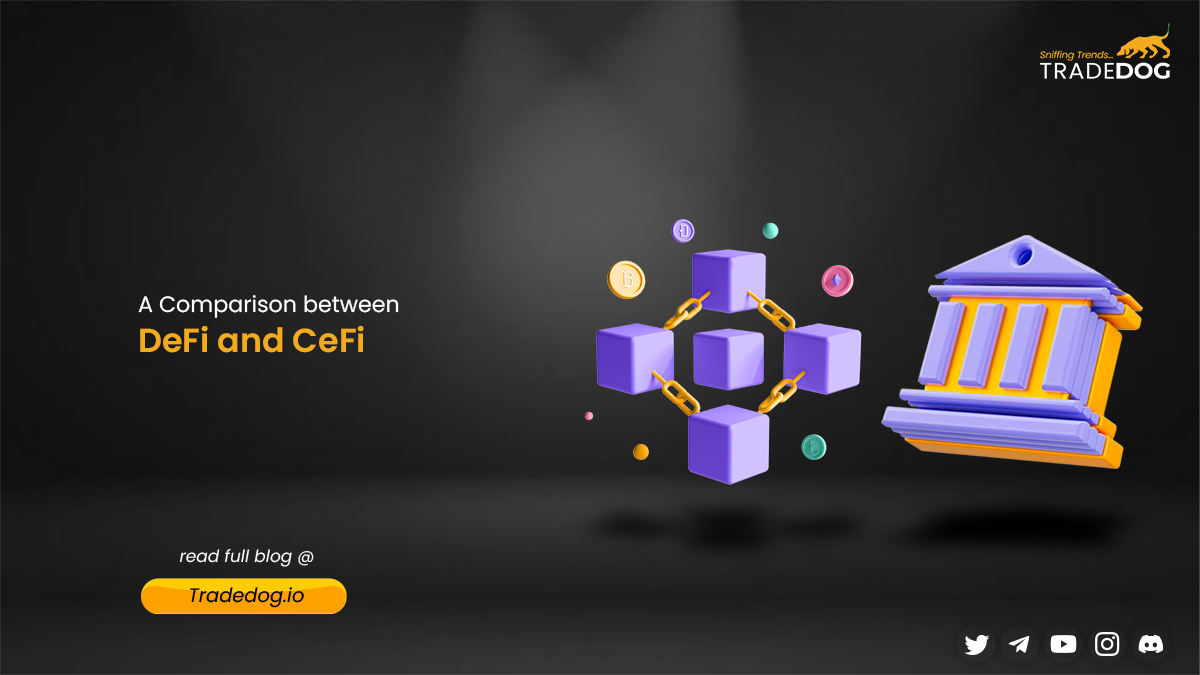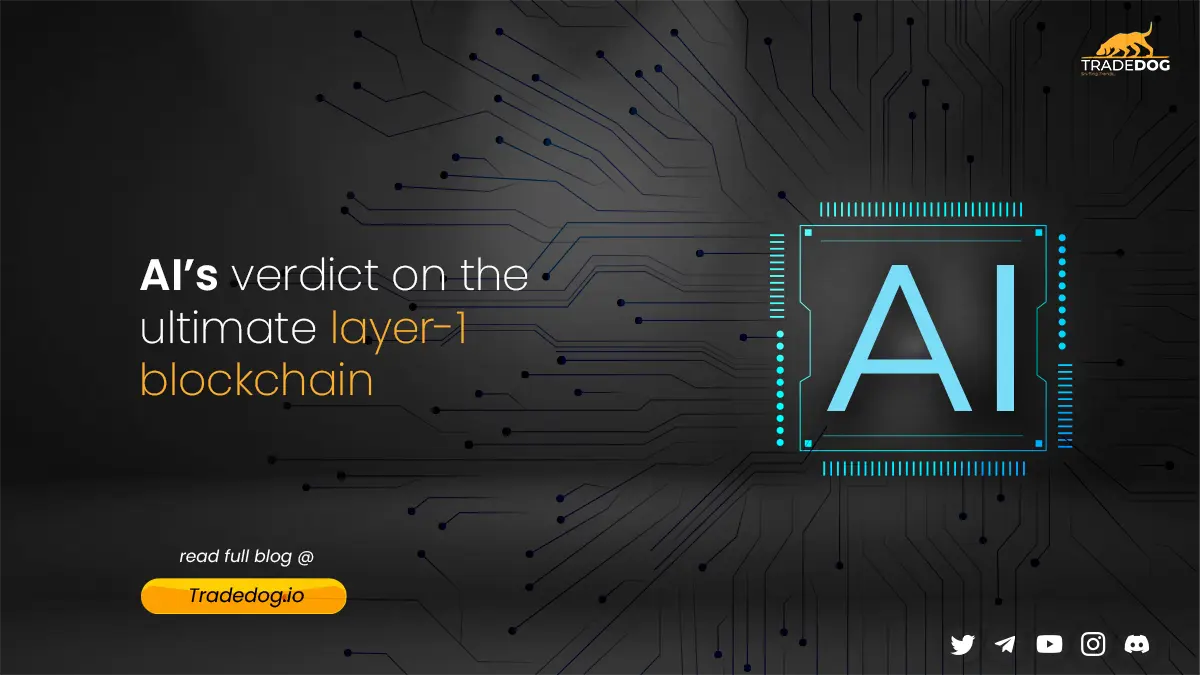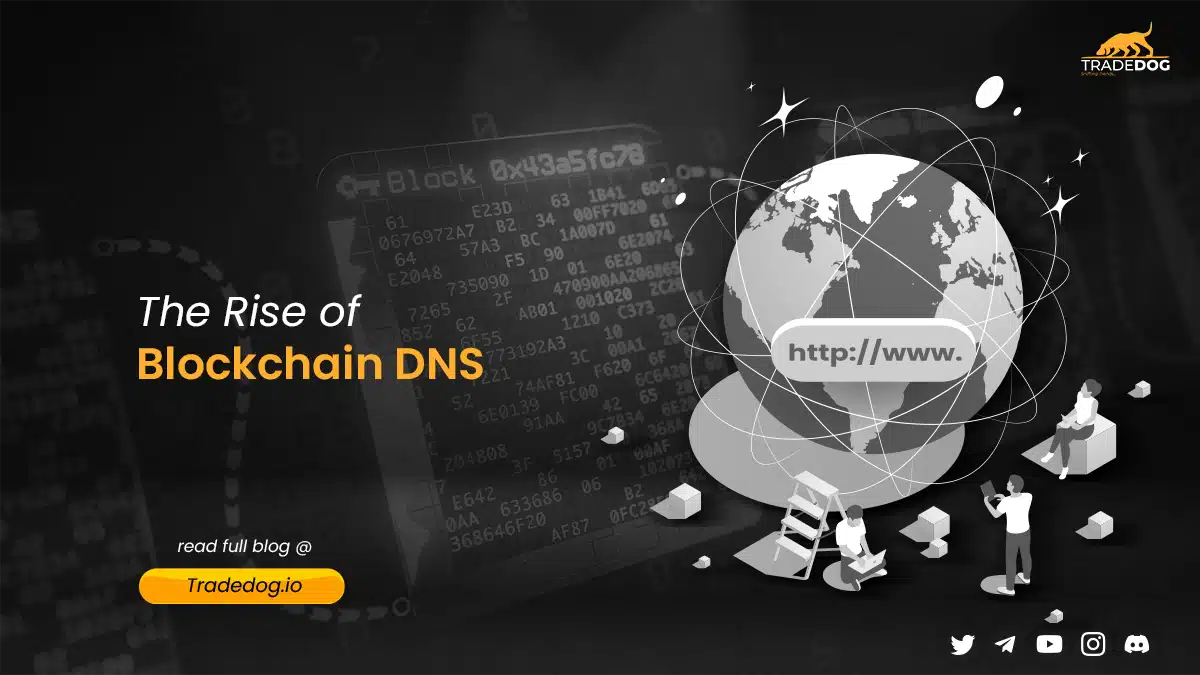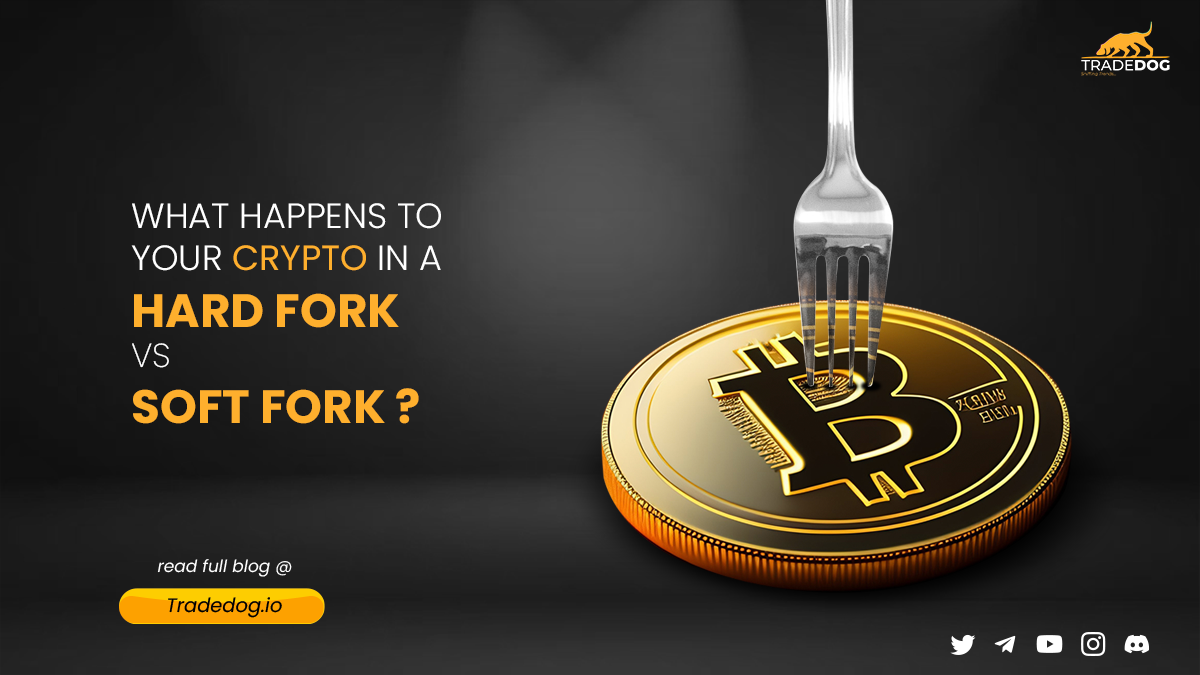The largest asset class in the world is real estate with a global investment market valued at $1144 Bn and is projected to reach $30505 Bn growing at a CAGR of 10% according to the report. Commercial companies and real estate experts are recognizing the game-changing potential of blockchain technology to enhance access to real estate capital and investment opportunities, automate payments and optimize retail and commercial property sales.
Traditionally, real estate deals are conducted in person, which means, the buyer and the seller decide on a price and the transaction is made offline. Real estate technology has been primarily concerned with listings and connecting buyers and sellers also purchasing a house is typically a lengthy and expensive process.
To give you an example, when you buy or sell a property, banks, brokers, and attorneys must participate in a legal procedure known as conveyancing for the sale to be completed. At best, this process can take a few months; at its worst, it can take upwards of a year. The wealthiest people among us have long used real estate investing as a playground. Because the assets are so expensive, the entrance hurdles are simply too high for the majority of individuals. The real estate industry is currently messed up because of a lack of transparency, high transaction costs, erratic timescales, illiquidity, problems with managing cash flow, and little or no accessibility to investors.
Introducing Blockchain
Blockchain with its distributed ledger technology aims to solve the problems facing real estate industries. Here are some problems in the current real estate industry and the benefits of using blockchain:
Property Purchasing Process
In the current scenario, people need to contact third parties to purchase property either through a broker or a website which includes the hassle of paying high fees to these third parties. Moreover, all the information related to the property is stored in a central server which means there is no guarantee of securing the data that can potentially be hacked.
This problem is being solved by blockchain technology where just by simply using smart contracts the data can be stored and the whole process of purchasing the property can be expedited. The seller needs only add the contract’s location, intended price, and some additional ownership details. The smart contract may then create contracts, deeds, tax records, and anything else necessary to swiftly complete the sale of the house using the database of laws and regulations. The potential purchaser may then meet with the seller, agree on the purchase price and other terms in the contract, and sign the document digitally to confirm and complete the transaction while also updating the necessary paperwork.
Tokenization
One of the biggest hurdles in purchasing real estate is that not everyone can afford to purchase them due to high prices which are currently being addressed through blockchain technology by tokenization. In this, the real estate is divided into fractions which are represented by tokens and every holder of the token determines the partial ownership of the real estate. These tokens act exactly like NFTs which are basically non-interchangeable units of data on the blockchain. The only difference is that these real estate tokens are tied to the value of the physical asset.
Top Real Estate Blockchain Projects.
Propy
Propy is using blockchain to store all papers, records, and contracts. According to testimonials on the website, Propy has given brokers and agents weekly time savings of up to 10 hours per listing.
It provides a model that future letting and estate agents must follow in order to avoid becoming obsolete, as the technology ostensibly eliminates the “middlemen” and third parties between exchanges and transactions, further lowering the associated costs.
Rex.io
The blockchain-based real estate marketplace REX enables the buying, selling, and leasing of real estate using digital currencies. Between buyers and sellers, as well as between landlords and tenants, the platform enables quick and secure transactions. Blockchain technology is being used by REX to store vital real estate information, including deeds, titles, and other legal records.
Ubitquity
Ubitquity is a SaaS blockchain platform and API for real estate record-keeping. Customers of the platform can enter property data and store documents on the blockchain. A system that permits the simultaneous recording and tracking of an existing legacy document and a new digitalized one is provided by the Ubitquity platform.
Conclusion
The construction, acquisition, and sale of homes and other real estate could be significantly improved with the adoption of blockchain technology. Given the growing usage of blockchain in supply chain management, the consequences of this discovery may also have an impact on the construction sector.
The real estate industry is replacing outdated infrastructure with smart contracts and tokenized assets to bootstrap a changing economy, much like the fashion industry and healthcare sector have done. As the general population continues to learn how to utilize and understand decentralized technology, businesses are continuing to experiment with its applications, and many problems still need to be solved. Additionally, blockchain technology and cryptocurrency have been in a negative picture in the past mainly due to the bubbles which resulted in heavy losses of projects and investors.
With industry leaders and governments exploring and implementing blockchain and cryptocurrency applications in the real estate space, it’s possible that this old industry may be one of the first to make the leap into a decentralized digital world.













